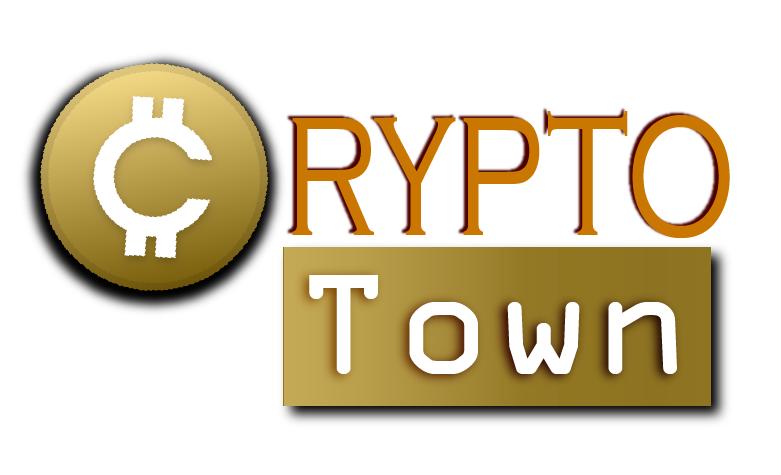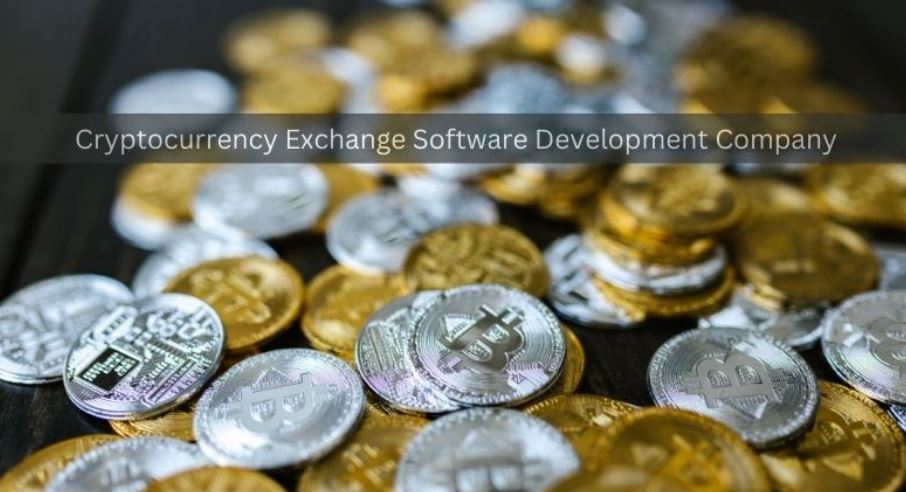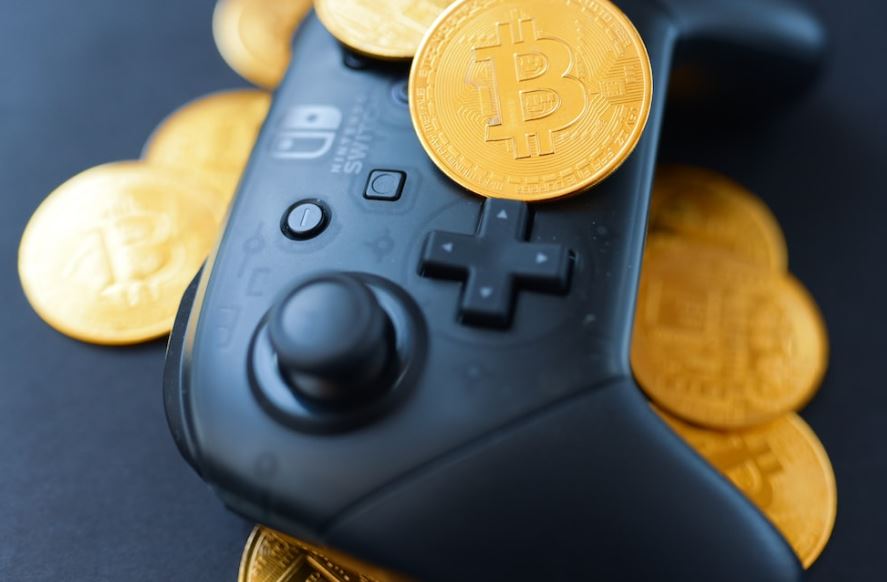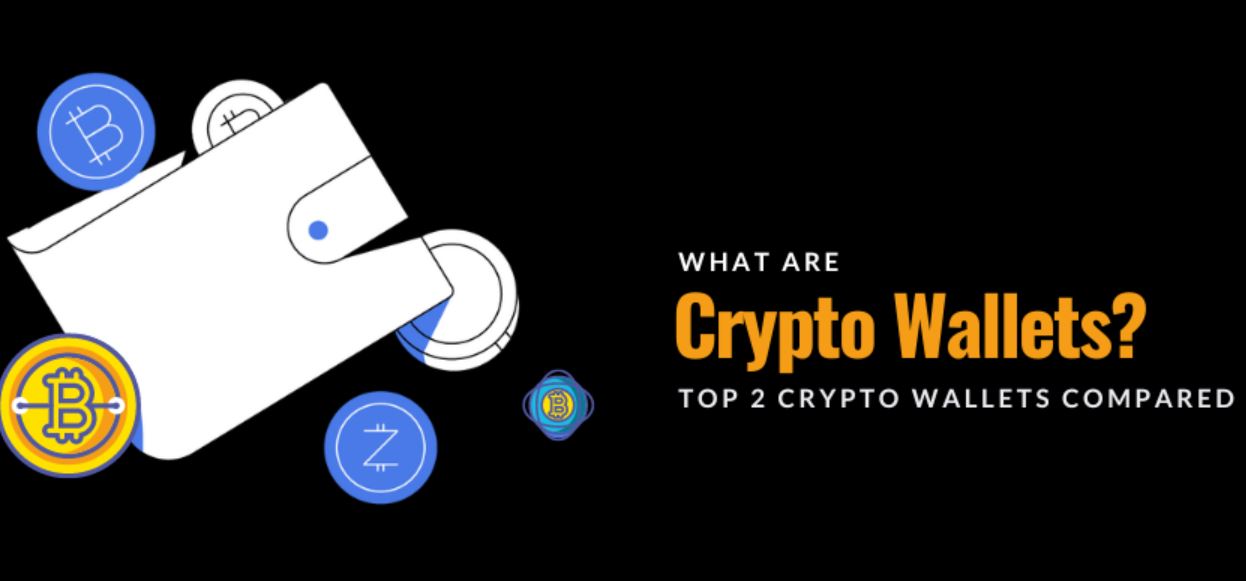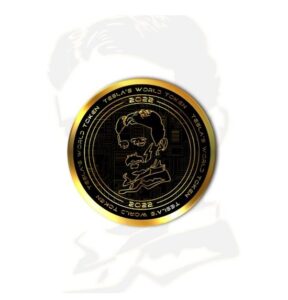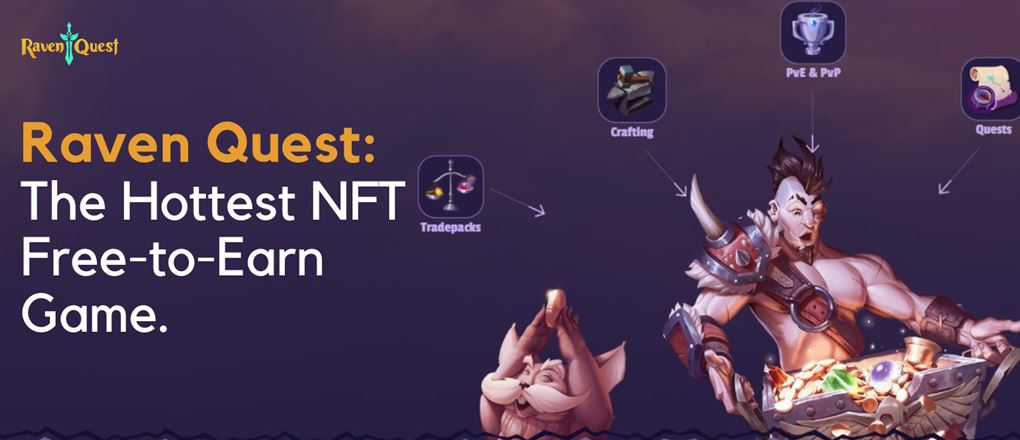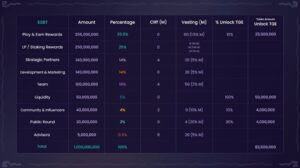While many individuals are skeptical of cryptocurrencies, blockchain implementation in specific industries and processes has garnered widespread support. Decentralized Finance (DeFi) is one of the most popular blockchain services.
While DeFi adoption has yet to reach the lofty heights predicted for 2019, there has been a steady increase in the financial sector’s experimentation with and use of Ethereum and dApps (DeFi apps) that are already available to develop one or more financial applications.
DeFi provides a ready-to-use platform for businesses of all sizes, from the smallest to the largest, such as Barclays and J. P. Morgan. This is due to the ease with which an MVP (minimum viable product) can be created utilizing pre-existing decentralized finance and dApps and pre-defined smart contracts for operations such as cash transfers while focusing solely on your unique selling proposition.
What is Decentralized Finance?
Decentralized finance (DeFi) describes a financial system operating on a computer network. It eliminates the need for central bank and government agency approvals for financial transactions. DeFi development is an umbrella term for a new wave of financial innovation.
It is intrinsically linked to the blockchain, the decentralized, immutable public ledger on which Bitcoin is based. This permits all computers and nodes to maintain a copy of the transaction history. Open, decentralized finance comprises Blockchain-based protocols, digital assets, dApps (decentralized finance applications), and smart contracts.
Who created Decentralized Finance?
Decentralized finance, or DeFi, started utilizing Bitcoin in 2009. Bitcoin was the first peer-to-peer digital currency and the first blockchain-based financial application. Using digital assets as collateral, MakerDAO, an Ethereum-based system, enables users to create a cryptocurrency pegged to the value of the US dollar on a one-to-one basis.
This system allows anyone to borrow the Dai stablecoin in exchange for Ether (the native money of Ethereum). It enabled anyone to receive a loan without needing a centralized institution. Similarly to USDC, USDT, and other stablecoins, it created a dollar-pegged digital asset that did not require the storage of dollars in a bank.
The lending protocol and Dai stablecoin of MakerDAO served as the basis for a new, open, permissionless financial system. Other financial protocols followed suit, resulting in an environment that was more active and interconnected.
The September 2018 launch of Compound Decentralized Finance created a market for borrowers seeking collateralized loans and lenders seeking to profit from the interest rates paid by borrowers. Launched in November 2018, Uniswap enables users to exchange Ethereum tokens without authorization.
How does Decentralized Finance work?
DeFi utilizes cryptocurrency and blockchain-based smart contracts to provide services without intermediaries. In the current financial environment, decentralized finance institutions act as transaction guarantors. Because your money passes through these institutions, they wield enormous influence. In addition, billions of people around the world do not have access to a bank account.
A smart contract replaces the financial institution in a Decentralized finance, or DeFi, transaction. A smart contract is an Ethereum account that can store and send/refund funds based on predetermined conditions. When decentralized finance and smart contracts are operational, no one will be able to alter them; they will always function as intended.
A contract that provides allowances or pocket money may stipulate a weekly transfer from Account A to Account B. And it will only do so if Account A has sufficient funds. No one has the authority to modify the contract and steal funds by adding Account C as a recipient.
Decentralized finances and smart contracts are also auditable by the general public. As a result, the community frequently scrutinizes blockchains with flawed smart contracts.
This indicates that the Ethereum community must now rely on its more technically savvy, code-savvy members. The open-source community aids in regulating developers. As smart contracts blockchain become easier to comprehend and alternative methods of proving code’s integrity are developed, this requirement may become obsolete.
How is Decentralized Finance different from Bitcoin?
Bitcoin was, in many ways, the first DeFi application. Bitcoin gives you the ability to truly own and manage wealth and send it anywhere in the world. It accomplishes this by enabling many individuals who need to trust one another to agree on an accounting ledger without requiring a trusted third party.
No one has the authority to alter Bitcoin’s rules, and anyone may use it. Bitcoin’s laws, including its scarcity and openness, are encoded into the technology. Unlike traditional finance, where governments can issue money, devalue your investments, and corporations can shut down marketplaces, cryptocurrencies are decentralized. This is the basis for Ethereum. As with Bitcoin, the rules are immutable, and everyone has access.
While Bitcoin is a decentralized finance currency that operates on its blockchain and is primarily used as a store of value, DeFi development refers to financial services built on public smart contracts blockchains, such as Bitcoin and Ethereum, which allow users to earn interest or borrow against their cryptocurrency holdings, for example. DeFi consists of numerous applications for financial services like trading, borrowing, lending, and derivatives.
Check out: BlockBusters – A DeFi Software Development Company
Benefits and Challenges of Decentralized Finance
Benefits of Decentralised Finance
Traditional banks are administratively burdensome and expensive to administer. Transactions take time, and the banking system has lost many customers due to its stringent regulations and restrictions. DeFi (decentralized finance) was developed to address many of these issues. Several of its benefits include:
1. No permission is required
DeFi welcomes everyone, regardless of salary, race, culture, wealth, or location, to join its financial system. Each user only needs a smartphone or laptop with Internet connectivity.
There are numerous unbanked individuals all over the world. In 2018, 20% of the global population lacked access to banking administrations, according to the World Bank.
One justification for this is that most unbanked individuals require authentic know-your-customer (KYC) documentation, such as state-issued identification cards. Several phases of DeFi development are possible without any of these. Obtaining a maker loan, for example, does not require identification or a credit check.
2. Connectivity
Build on existing protocols, modify interfaces, and connect third-party applications to decentralized accounts. Numerous individuals refer to DeFi conventions as “Money Legos” due to their adaptability.
The development of new decentralized finance and smart contract applications is enabled by the consolidation of other DeFi solutions. Stablecoins, decentralized finance trades, and prediction markets, for instance, can be used to create an entirely new and significantly more sophisticated decentralized finance market size and centers.
3. Transparency
DeFi facilitates greater openness and accessibility. All exercises are open to the public because most DeFi development protocols are based on the blockchain, a public ledger. Anyone is permitted to view transactions. In contrast to traditional banks, however, nobody can directly associate with these data.
In general, the accounts are pseudo-intelligent and only post numerical addresses. Because most DeFi products are open source, users with programming skills can access the source code to evaluate or modify it. Open-source programs are safer and of higher quality than proprietary software due to the local area connection.
4. Financial management
Using DeFi development platforms, your cash and finances remain under your control. Although you must keep your assets on the forum, you control their fate.
Instead of relying on human intermediaries to qualify you for a loan and manage your finances, a smart agreement handles everything. No one can prevent you from implementing the DeFi development protocol. The underlying intelligent contract is a law that applies to all parties.
5. Opportunity for Innovation
The DeFi ecosystem facilitates innovation and the creation of DeFi development services and solutions. DeFi, an open protocol, can be of great assistance in the development of innovative financial solutions. DeFi’s importance increases as it can leverage Ethereum, and pioneers can create new decentralized finance applications for the financial sector.
Read more: What Are The Top Marketing Plans Offered By DeFi Marketing Services Company?
Real-world use cases of the Decentralized Finance
The increasing use of open financial platforms and procedures can transform the lives of the world’s unbanked population. On the remittance market, overseas workers send billions of dollars home to their families, and exorbitant fees are charged. Decentralized Finance trends can cut expenses in half. This not only increases employee productivity but also contributes to economic growth.
Loans are another challenging area that can be addressed by emphasizing the benefits of DeFi. Due to a lack of credit or a negative past with a financial institution, the unbanked cannot borrow money. DeFi systems link borrowers with lenders without requiring a credit check. These are just two examples of how blockchain is impacting the financial industry. By eliminating errors and intermediaries and introducing transparency and a lack of centralized control, Blockchain is preparing to create additional use cases of DeFi in all Fintech-based real-world applications.
Traditional institutions are keenly interested in the development of DeFi. According to a 2019 Financial Stability Board assessment, decentralized financial technology may offer improved financial stability, increased competition, and a more diverse financial system while diminishing the relevance and influence of existing companies.
Additionally, insurance companies have closely monitored the emergence of decentralized financing. Etherisc and other startups have developed a decentralized protocol for insurance companies to collaborate on product development. The Decentralized Insurance Platform allows users to create smart contracts that digitally enable, enforce, and verify the terms and execution of an insurance contract.
How does one make money in DeFi?
Decentralized finance (DeFi) is a successful application of blockchain technology that provides an alternative to conventional finance. DeFi applications are intended to eliminate the middleman in financial transactions, a role traditionally played by traditional banks like HSBC and Lloyds Banking Group. This is achieved by employing a blockchain-based trust mechanism that enables secure peer-to-peer (P2P) transactions without needing a bank commission.
1. Farming using Decentralised Finance yields (liquidity mining)
Yield farming, known as liquidity mining in DeFi, refers to generating new cryptocurrencies by mining existing crypto assets. As an investment strategy, yield farming requires investors to stake or delegate crypto assets in a smart contract-based decentralized liquidity pool. The pool redeploys the invested cryptocurrency to provide liquidity in DeFi protocols and distributes a portion of the fees to the user as an incentive.
DeFi yield farms will accept ERC-20 tokens such as Ether (ETH) for investments and returns. In the field of DeFi-based passive income, yield farming, which is designed to offer the highest potential yield or return, is one of the riskier investments.
2. Staking in Decentralised Finance
Staking in DeFi is analogous to yield farming and therefore incentivizes customers to hold their cryptocurrency for an extended period. Like yield farming, users must deputize or lock up their crypto holdings to become blockchain validators.
Users can earn rewards by the operator’s plans by staking their tokens for a specified period. Before allowing a user to become a validator, every blockchain will require a minimum number of tickets, which in the case of the Ethereum blockchain is 32 ETH.
3. DeFi financing
Lending is a catch-all term for various financial strategies that generate passive income from cryptocurrencies. Investors in decentralized or DeFi lending can communicate directly with borrowers using decentralized smart contracts that have been pre-programmed. Thus, DeFi lending systems permit investors to market their crypto tokens. You may also lend these tokens to borrowers, who must return them with interest over a predetermined period.
Not only do smart contracts eliminate the risks associated with lending in conventional finance, but they also provide additional benefits. In addition, they eliminate the need for collateral. The majority of financing applications, however, do not include the necessary background checks to reduce credit and fraud risks.
The Future of Decentralised Finance
Cryptography is the most recent digital product of a business that has existed since the dawn of humanity. The DeFi and open finance ecosystems will replicate every fiat-based financial service in the coming years. As a protection mechanism, the initial generation of Defi applications relies heavily on collateral. This means you must possess cryptocurrency and pledge it as collateral to borrow additional bitcoin.
As a result of the most recent updates to DeFi applications, the insurance industry has already witnessed tremendous innovation. Due to the vast asset pool, many of today’s DeFi loans are overcollateralized, rendering them fundamentally secure. In the future, crypto wallets may also become the center of all digital asset activity. Consider it a dashboard that displays your assets and the number of them locked up in open financial protocols such as pools, loans, and insurance policies.
Despite DeFi’s emphasis on the word “decentralized,” the projects include master keys that enable DeFi development platform solution providers to shut down dApps for simple updates or to protect instances of problematic code. However, the DeFi community is investigating methods for allowing stakeholders to vote on options. Consequently, this significantly expands the range of DeFi applications.
After all the speculation and proofs of concept for new DeFi opportunities, something new is happening in front of the open financial system. Cryptocurrencies are bringing money online and enabling individuals to earn money through Decentralized app Development (dapps). With every new disruptive innovation, our presumptions regarding the utility of money are challenged. The fact that the future of DeFi and money is in the hands of anyone who can code is fascinating to us as observers.
Conclusion.
Most companies that have previously implemented blockchain technologies acknowledge the necessity of smart auditing contracts to avoid these potential risks. Auditors of decentralized smart contracts are experts in optimizing smart contracts and identifying vulnerabilities and inconsistencies in smart contract code.
Decentralized finance is still in its developmental stages. To begin with, it is unregulated, so infrastructure errors, hacks, and frauds continue to plague the ecosystem.
Current law is based on the concept of distinct financial jurisdictions, each having its own rules and standards. The potential for DeFi to facilitate borderless transactions raises important questions for this type of regulation. DeFi expands on the fundamental concept of Bitcoin — digital currency — to offer a digital alternative to Wall Street without the associated fees. This can create more open, free, and fair financial markets that anyone with an internet connection can access.
Learn more: All About DeFi and DApps with Special Reference to TVL
